Exactly one month ago we introduced OpenScore to the MuseScore community, and one week ago we announced it to the world at FOSDEM, Europe’s largest open source software conference. OpenScore is a new initiative to digitize public domain music, including the works of the great classical composers like Mozart, Beethoven and Bach.
Introducing OpenScore at FOSDEM 2017
Getting involved
OpenScore is only possible with your help. We would be extremely grateful if as many people as possible could back the Kickstarter campaign when it goes live in a month or two, or work with us to produce the OpenScore transcriptions. We really want OpenScore to be a success, so to help galvanise the community we will be offering rewards to those who choose to take part. Kickstarter backers will be able to have a say in which pieces get transcribed, and transcribers will be rewarded with PRO membership of MuseScore.com.
If you are interested in taking part then you can sign-up to register your interest here:
- Kickstarter backers: https://musescore.org/openscore
- Transcribers: https://musescore.org/openscore-transcribe
Answers to questions
The first blog post generated a huge number of comments and questions about OpenScore, and so I will try my best to respond to them here.
Which pieces will be transcribed for OpenScore?
The initial transcription effort will concentrate on a specific set of pieces selected by the Kickstarter backers, with a few additional pieces that we think will be of greatest interest to the general public and the wider music community. At some point we would like to expand OpenScore to all public domain music, but this depends on the success of the initial campaign.
When can we start transcribing?
The transcription effort will begin in earnest once the Kickstarter has been successfully funded and the pieces selected. However, we are currently in the process of creating demonstration scores to show to potential backers, so if you sign up now then there might be something for you to do before the Kickstarter.
How can I submit transcriptions to OpenScore?
Many of you were keen to know about the process for submitting transcriptions. We don’t currently have the resources to check all scores being uploaded to MuseScore.com, so for the time being we will be approaching individual users with pages for them to transcribe.
Can I submit transcriptions I have already done?
You can tell us about any existing transcriptions when you sign up, but we can’t promise to be able to check all of them immediately. We will contact you individually if we think your existing transcription will be of interest to the Kickstarter backers. Other transcriptions may be considered at a later date.
What is the goal for OpenScore transcriptions?
The goal of OpenScore is not to produce the ultimate critical (or “urtext”) editions, nor is it to produce a beautiful engraving. Instead, the goal for OpenScore is to produce digital editions that are semantically accurate transcriptions of the original public domain editions, which will be fine for the vast majority of users. Furthermore, the OpenScore editions will provide a starting point for creators and arrangers to produce ultimate editions of their own. We will refresh the OpenScore editions with each MuseScore release to take advantage of improvements to MuseScore’s layout rules.
How will the Braille scores be produced?
We are partnering with RNIB to get advice about Braille and MSN notation, and we invite Braille readers in the community to offer their feedback on the Braille we produce. (Our advisors at RNIB mentioned that reading the Braille can even be a valuable way of spotting mistakes in the MusicXML that would otherwise go unnoticed.)
The conversion from MusicXML to Braille will be done with the open source Music21 toolkit. The Music21 developer assures us that, with the exception of piano scores (for which Braille conversion is notoriously difficult) the output will be correct and perfectly readable, though it may not take advantage of all the repeat markings and abbreviations that are available in Braille notation. We expect that the mere existence of OpenScore’s Braille and MSN scores will raise awareness of accessibility needs and create demand for better conversion tools, thereby driving their open-source development. Again, we will be sure to refresh the OpenScore Braille files to take advantage of these improvements as they arrive.

